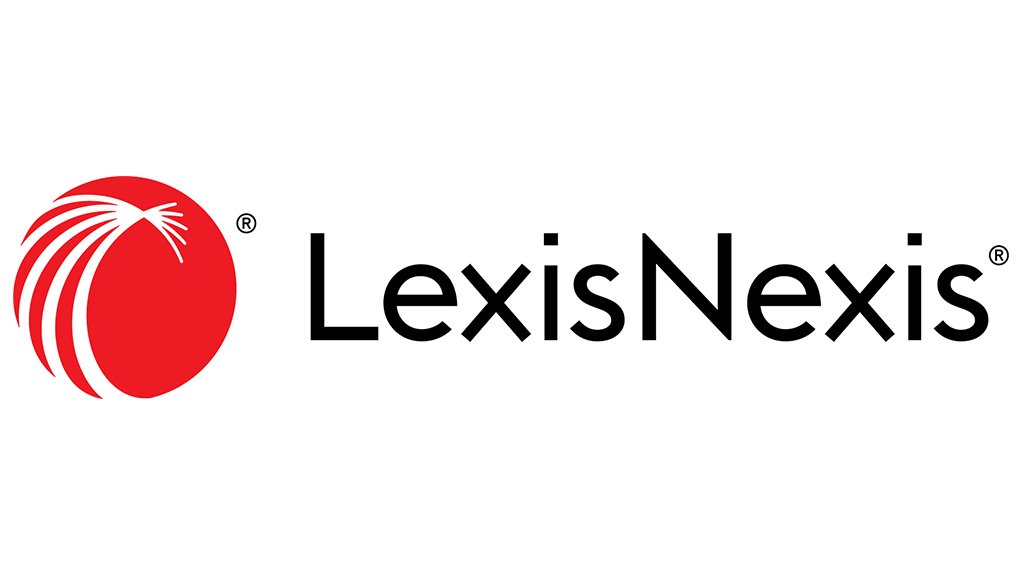While South Africa has moved to lower levels of its COVID-19 lockdown, the risk of renewed waves or surges of the pandemic over the next few months means that many businesses have chosen to maintain their virtual and remote working practices. And for those that have already returned to the workplace, non-pharmaceutical interventions such as social distancing still need to be observed in order to protect employees and clients.
Against the backdrop of COVID-19, any business that has adopted remote working has had to quickly embrace available technology for a range of business needs. Among these are digital signature platforms that electronically reproduce handwritten signatures and attach them to digital documents, helping to overcome many of the difficulties associated with getting business documents signed on time during this crisis. While many governments and businesses worldwide have been using this technology since the early 2000s to finalise agreements between parties or to authenticate documents, COVID-19 has certainly accelerated the need for safe, secure, legal and modern alternatives to the traditional method of signing documents with paper and pen.
George Findlay, LexisNexis Account Manager and Corporate Software Specialist, has been running free webinars to inform businesses of all sizes how these high-tech platforms can support their new virtual working reality. Here, he outlines some of the main advantages that electronic signatures can offer to businesses:
- Electronic signature platforms use advanced cryptographic techniques to securely ensure authenticity, integrity, and non-repudiation of digitally signed documents.,
- They minimise hand to hand contact, with no need to print, sign and scan the document to other parties. All parties sign and return the documents remotely without any physical contact involved in the whole process.
- They overcome logistical and geographic boundaries – enabling you to secure signatures from anyone from anywhere and at any time using their email address.
- They maintain the original document integrity and quality, whereas printing and scanning multiple times often reduces the legibility of the documents.
- Depending on your chosen tool, there might be no need for additional hardware or devices to use electronic signatures, since many options, like Lexis Sign, work through a simple, secure entirely web-based platform that is mobile and enables documents to be signed anywhere, any time and on any device.
- They lend themselves to a broad range of documents, such as applications, proxies, permits, resolutions, mandates, agreements, insurance claims, financial statements, legal and banking documents, any acceptance of terms and conditions, consent forms, tender documents, contracts and more.
- They reduce the need for physical filing and storage. With electronic signature tools, you upload a document – Word, PDF, or even an image file – to an online service such as Lexis Sign, then tag it with special annotations where signatures eventually need to go. The service sends this marked-up file to your specified recipients, who then "sign" it with a few clicks, using their mouse (or a stylus or finger, using a tablet) wherever they are. When finished, the signed file is sent back to you electronically with no real need for a physical copy.
- They reduce the overall turnaround time of processing paperwork, enabling parties to get documents signed in minutes, whereas it can often take days and even weeks with physical signing.
- They help to improve governance and compliance within any organisation by storing and managing all the signed copies from a centralised location.
- They can cut costs compared to manual processes such as printing, scanning, and mailing, with superior tools such as Lexis Sign available for an affordable fee per user per month.
- Electronic signatures are also eco-friendly and can help your business save on paper, electricity, and fuel.
- Most importantly, they are legal. In South Africa, the Electronic Communications and Transactions (ECT) Act gives legal recognition to electronic documents and recognises that electronic signatures can serve as the electronic functional equivalent of their paper-based counterparts. Although the ECT Act does not prescribe what type of technology must be used, examples of electronic signatures include: signing with signature tablets used in banks and other retailers and the so-called digital signature, among others. The ECT Act also creates a special type of electronic signature, known as an “advanced electronic signature” (AES), which is a particularly reliable form of signature. Where a law (such as the Deeds Registries Act) requires a signature, only an AES will be valid. The use of an AES by conveyancer is a legal requirement for the Power of Attorney to Transfer Property.
Want to know more about how electronic signatures can support your business?
Join George Findlay, LexisNexis Corporate Software Specialist, for a FREE WEBINAR as he as he unpacks the legitimacy and validity of electronic signatures in the new working world. This session will be an in-depth look at the authenticity of electronic signatures and the safety component of these with reference to cybersecurity.
WEBINAR DETAILS:
Title: The Validity of Electronic Signatures and CyberSecurity
Date: 23 October 2020
Time: 10h00
Webinar link: http://ow.ly/gujB50BUoX8
For further information on Lexis Sign and to request an extended 60-day free trial now available in further support of business and the economy during COVID-19 and the lockdown, visit lexissign.co.za
EMAIL THIS ARTICLE SAVE THIS ARTICLE ARTICLE ENQUIRY FEEDBACK
To subscribe email subscriptions@creamermedia.co.za or click here
To advertise email advertising@creamermedia.co.za or click here











